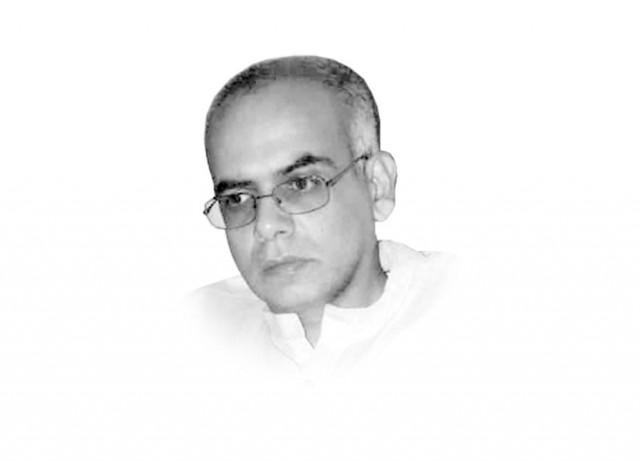How poor is Pakistan?
Methodological controversies concerning the prevalence of poverty in the country makes a mockery of poor Pakistanis.

How poor is Pakistan?
A major controversy was recently unleashed concerning the last available poverty estimates when the deputy chairman of the Planning Commission termed the 17.2 per cent poverty estimate — based on findings of Pakistan Social and Living Measurement Survey 2007-2008 — to be ‘a fraud’.
Such a blunt dismissal has predictably unleashed vocal criticism since it not only discredits findings endorsed by senior officials but also by international institutions including the World Bank and the United Nations Development Programme. The Planning Commission has also been asked to appear before a parliamentary panel to explain its position at the end of this current month. While it will be interesting to see what the commission says in defence of its assertion, one does not need to be a statistician to sense that there was something fishy behind the tall claims of poverty eradication made at the tail end of the previous government.
The tendency for economic managers to manipulate poverty figures to illustrate the success of their policies is hardly surprising. Development economists had already expressed concern that the number of calories required per adult, which provide a basis for measuring poverty, had been reduced, in an effort to show impressive decreases in poverty. Similar concern was expressed when unpaid family workers were being classified as being employed in the Labour Force Statistics in 2005-06 to show rapid increases in employment. Conversely, no effort was made to analyse the structure of consumer-led growth, nor the evident trends in declining real wages or the increasing proportion of expenditures on food in the average household budgets, which would have raised serious doubts about the impressive claims concerning declining poverty in preceding years.
While the Economic Survey for the current financial year again did not provide an official estimation of people living below the poverty line, there are ample indications to indicate that the poverty situation is unfortunately worsening. Consider for instance the Poverty Reduction Strategy Report for 2011, released by the finance ministry, which admits that this year’s expenditure on social security, welfare, population planning, rural development, low-cost housing and employment programmes dropped below last year’s levels. This is obviously not good news for poverty reduction.
The Planning Commission is propagating more focus on stimulating growth instead of focusing on helping the poor. No serious attempts are evident to undo the existing system of regressive taxation and other structural problems that lead to the inequitable distribution of income and wealth in our country. Methodological controversies concerning the prevalence of poverty in the country makes a mockery of the painful circumstances faced by the majority of poor Pakistanis who are unable to fulfil their most basic needs of health, education and even nutrition. This prevailing deprivation is leading to increased hopelessness. The fact that an unemployed man in his twenties, with two young children, belonging to Naushehro Feroz in Sindh, has self-immolated himself outside Parliament House, should serve as a wake-up call for our decision-makers and experts whose efforts to tackle poverty do not extend beyond preservation of self interests.
Published in The Express Tribune, November 3rd, 2011.















COMMENTS
Comments are moderated and generally will be posted if they are on-topic and not abusive.
For more information, please see our Comments FAQ